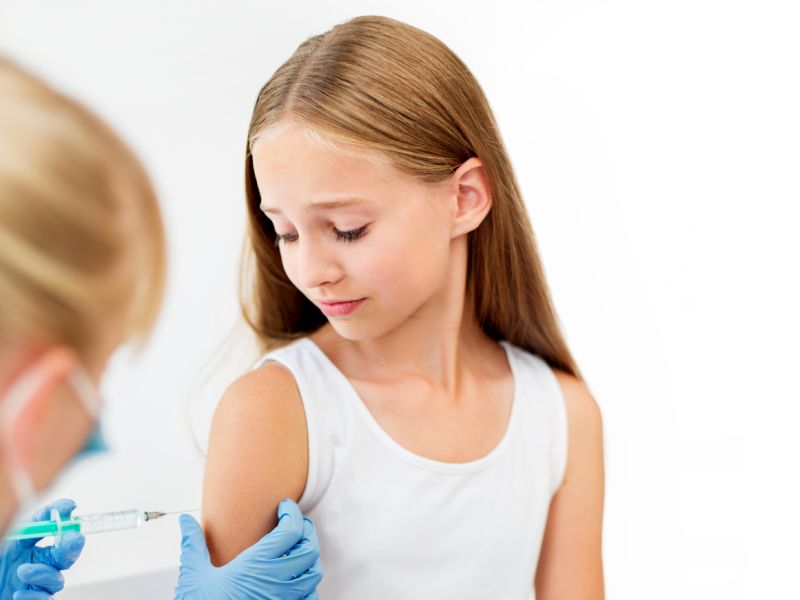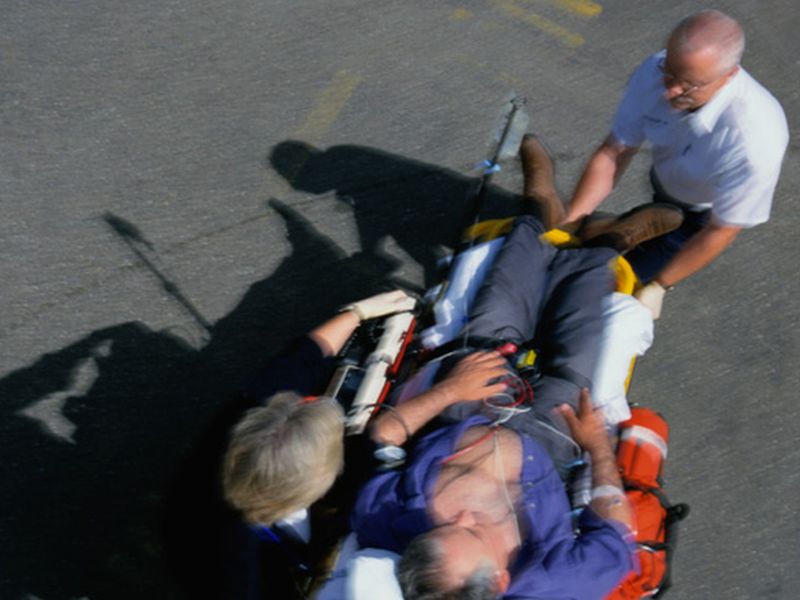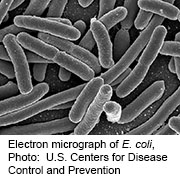
Scotland is already seeing a payoff for vaccinating adolescent girls for human papillomavirus (HPV). Since the vaccine became routine about a decade ago, cervical cancer cases in young Scottish women have plummeted, a new study reports. HPV is one of the most common sexually transmitted infections. Vaccination protects against HPV types 16 and 18, which… read on >






























